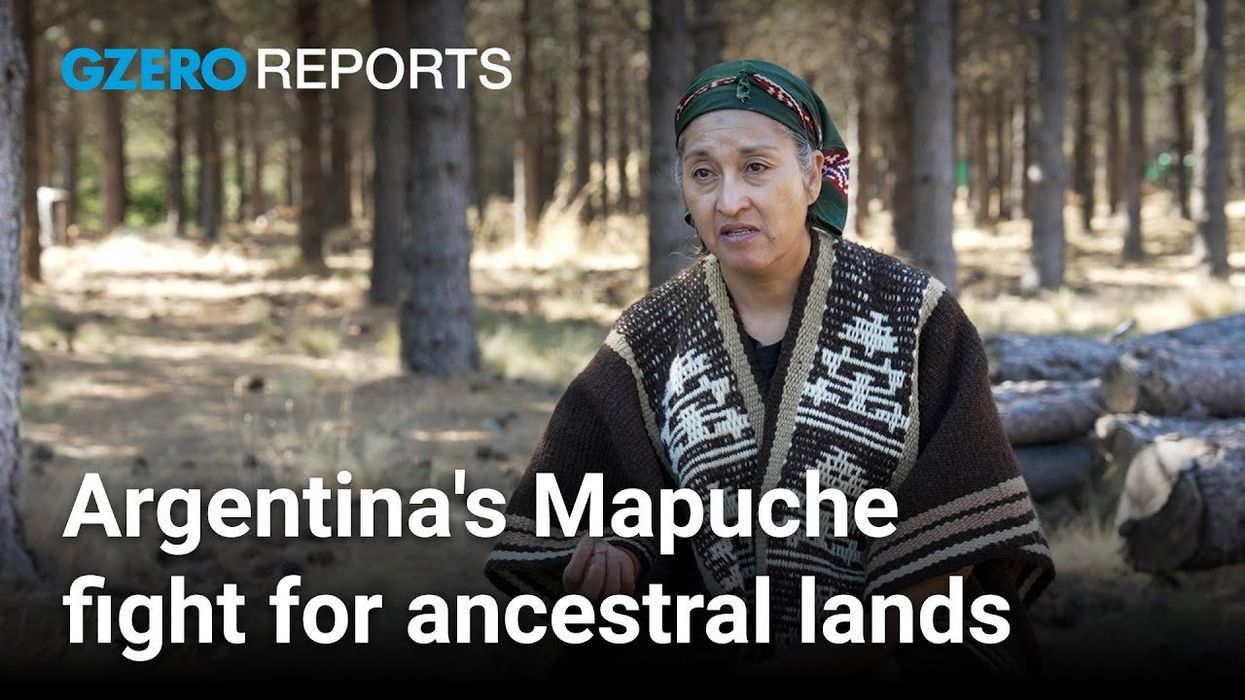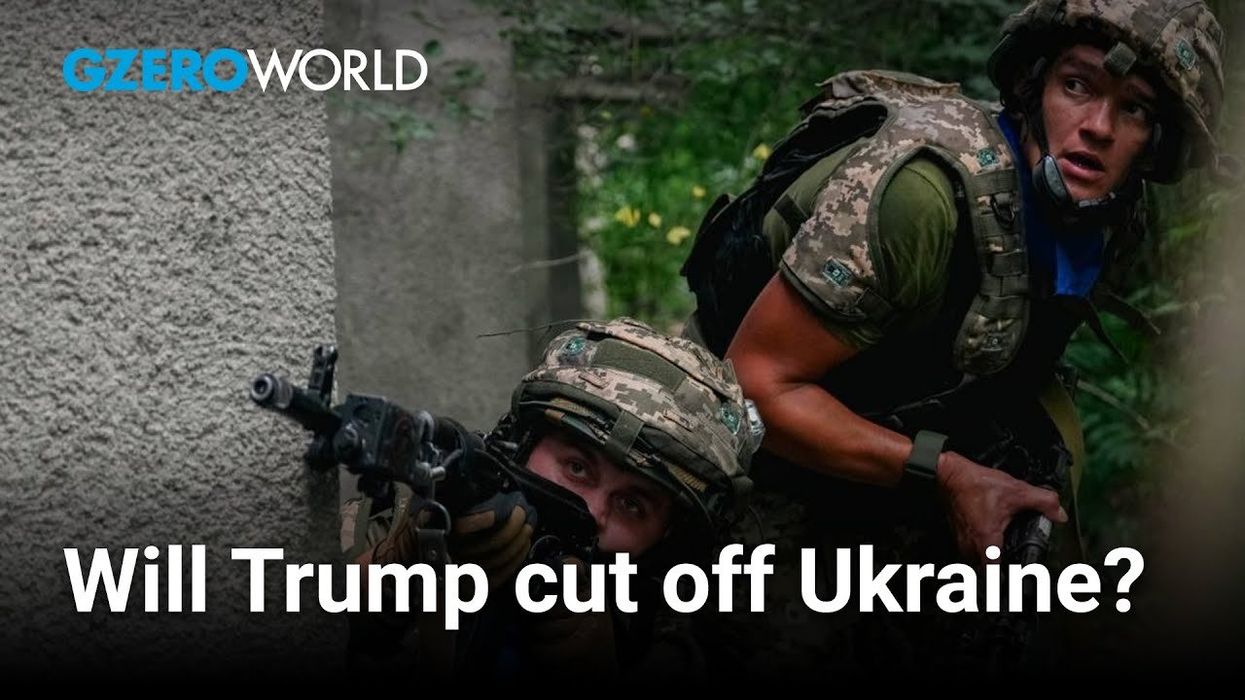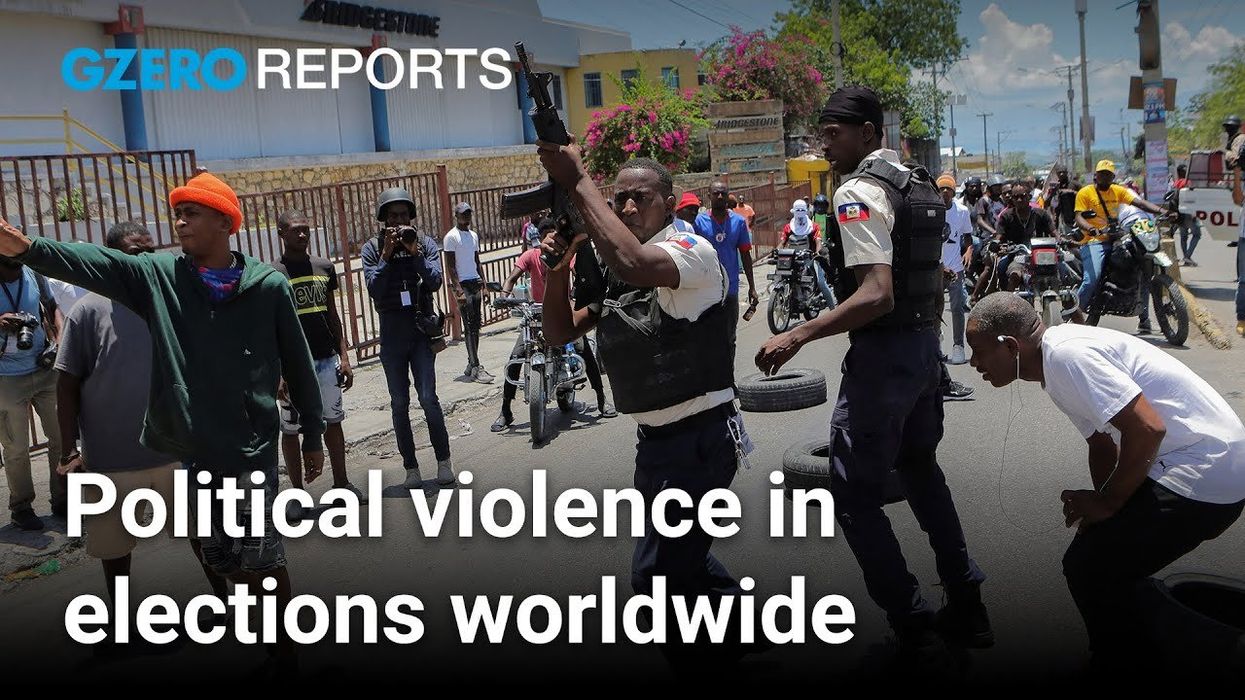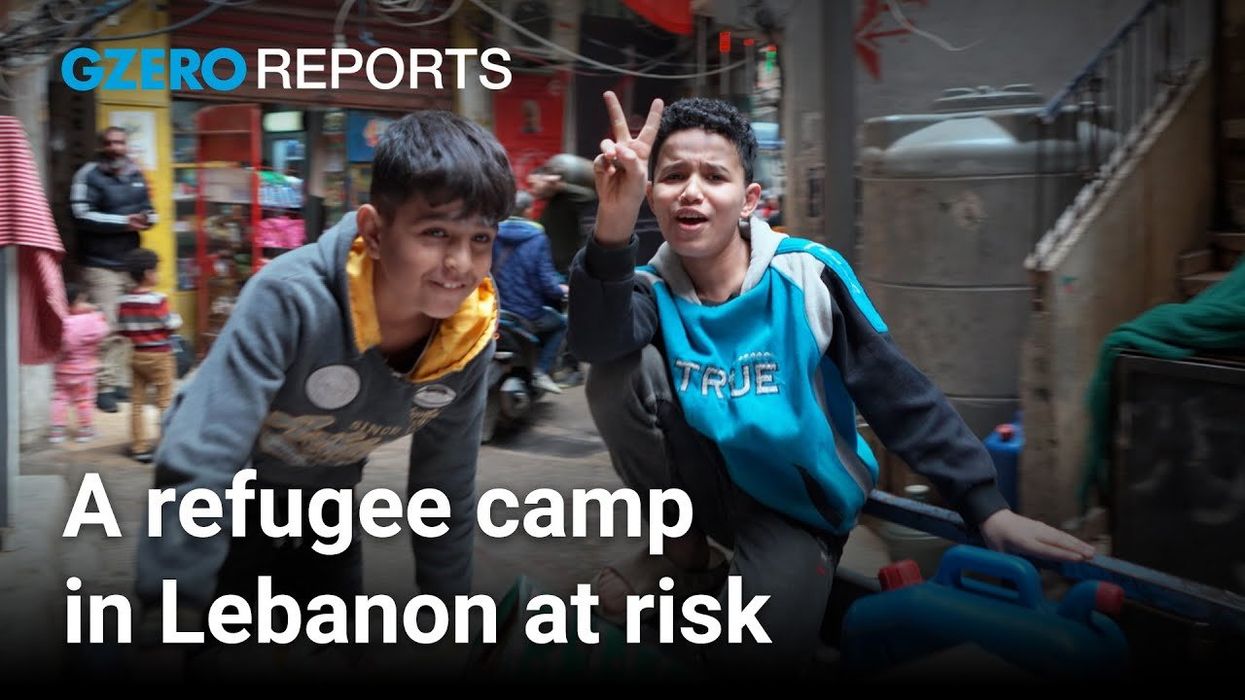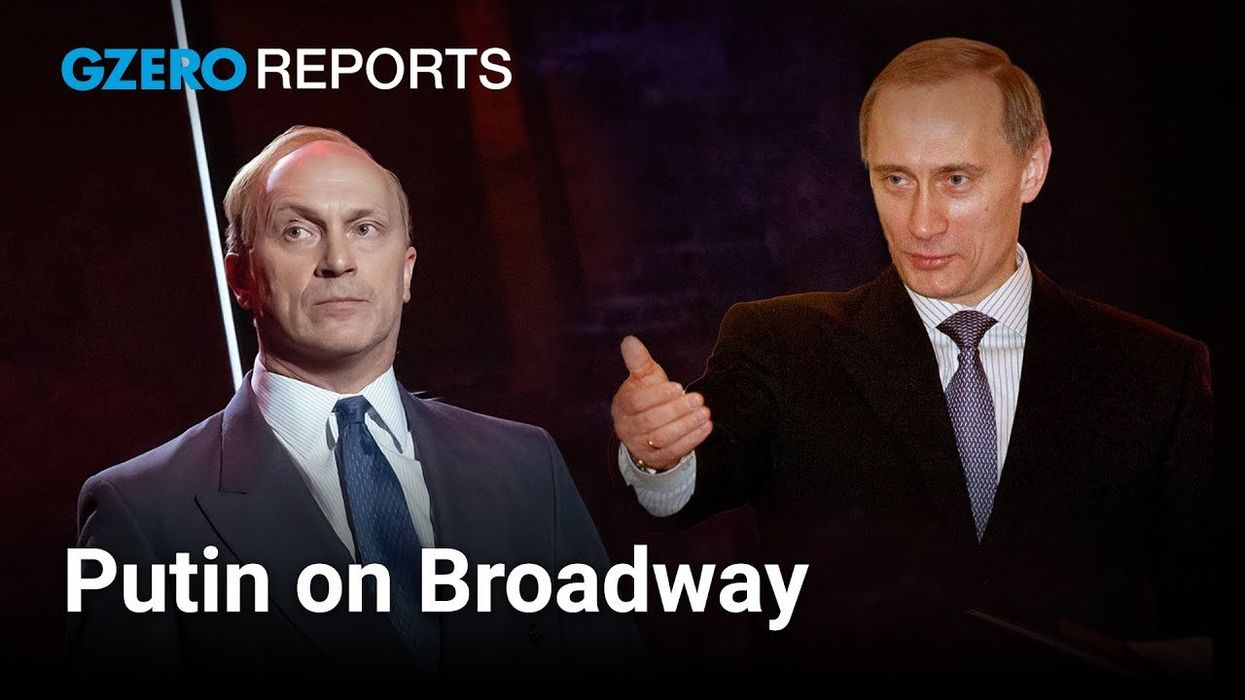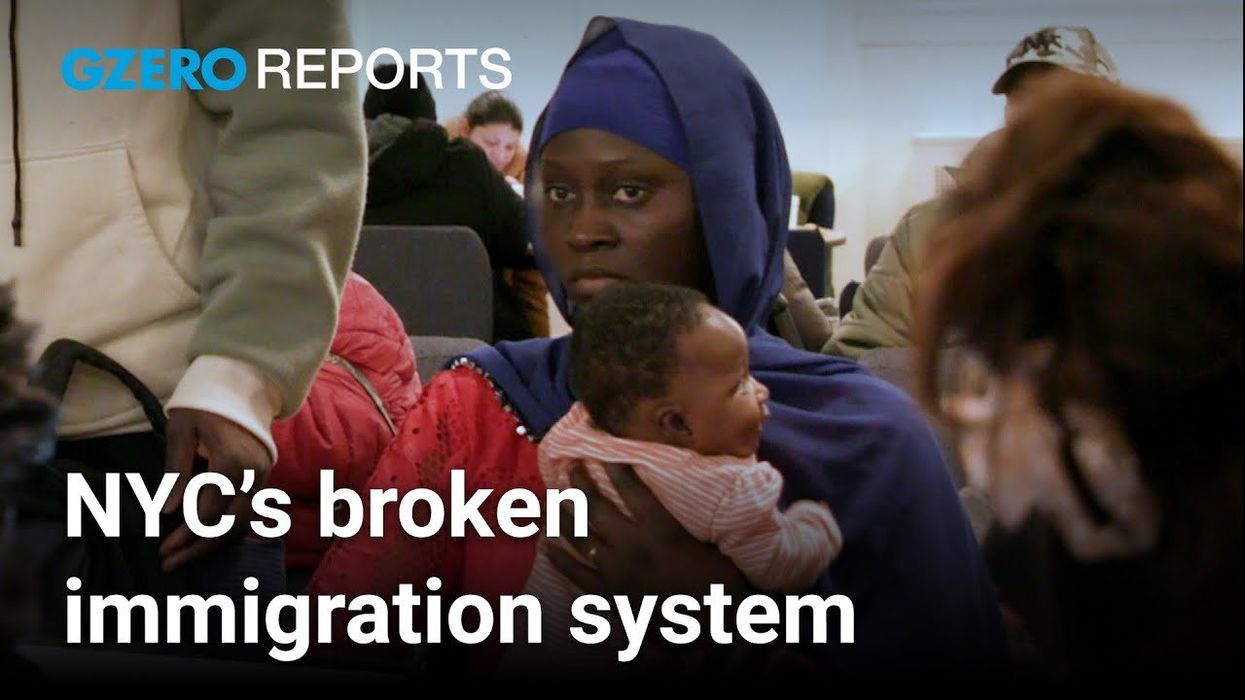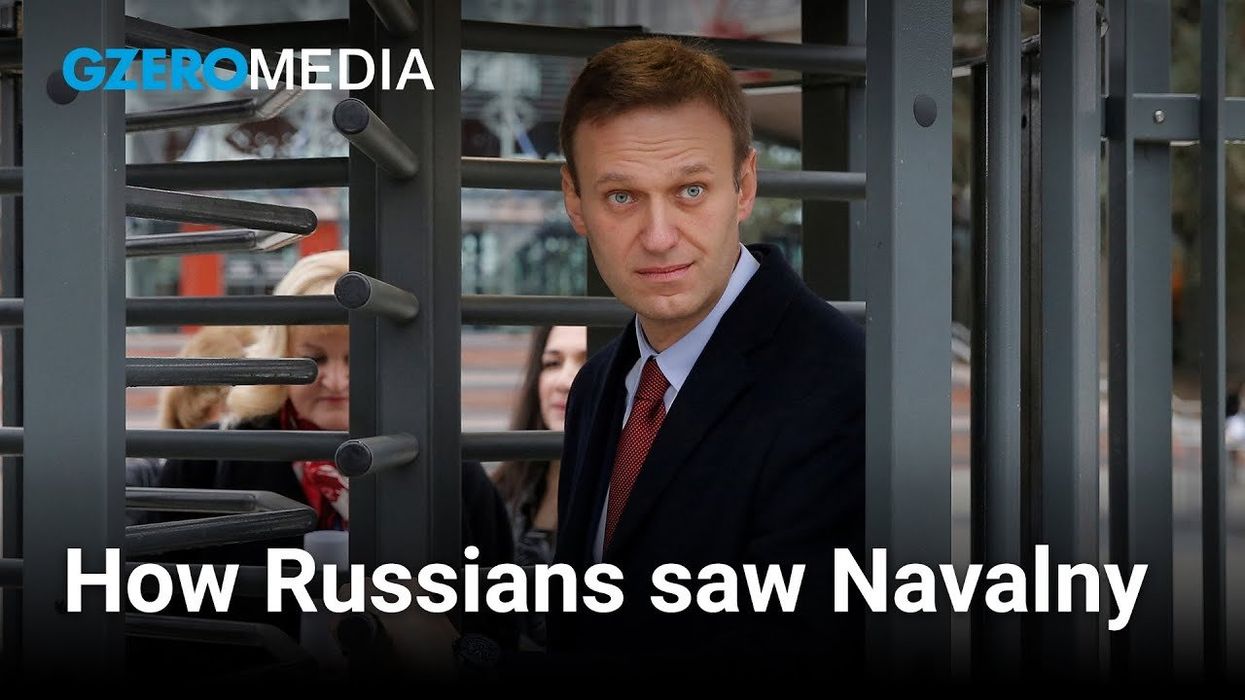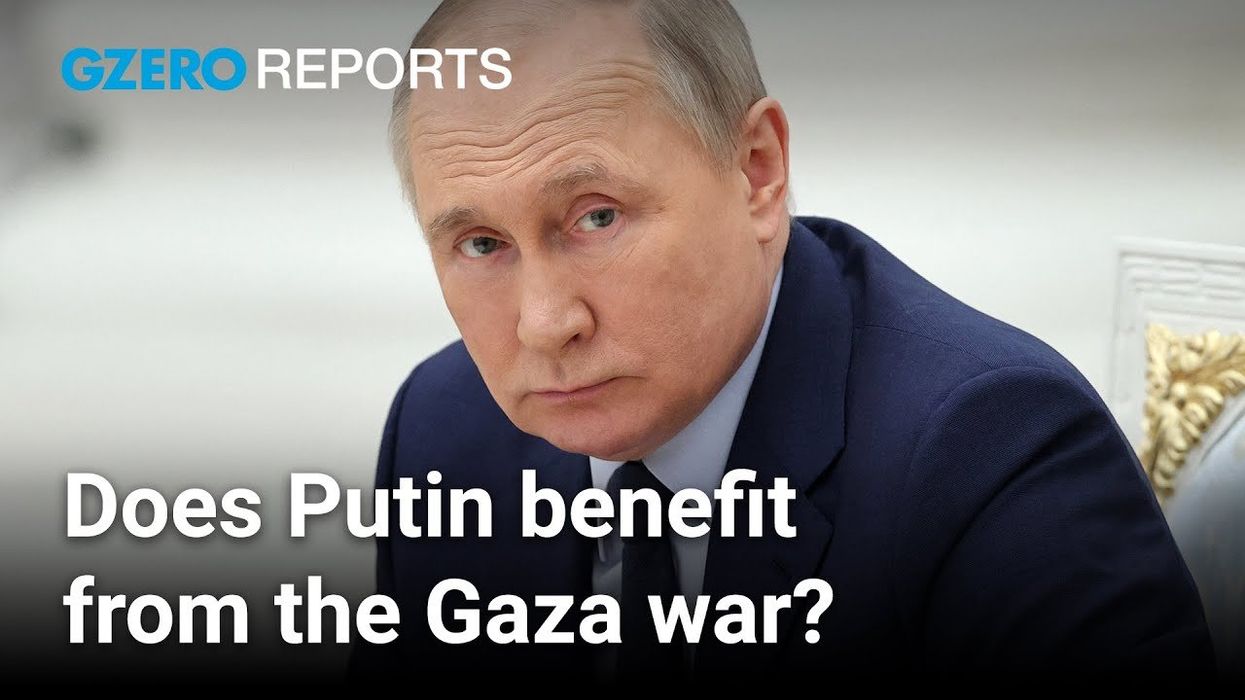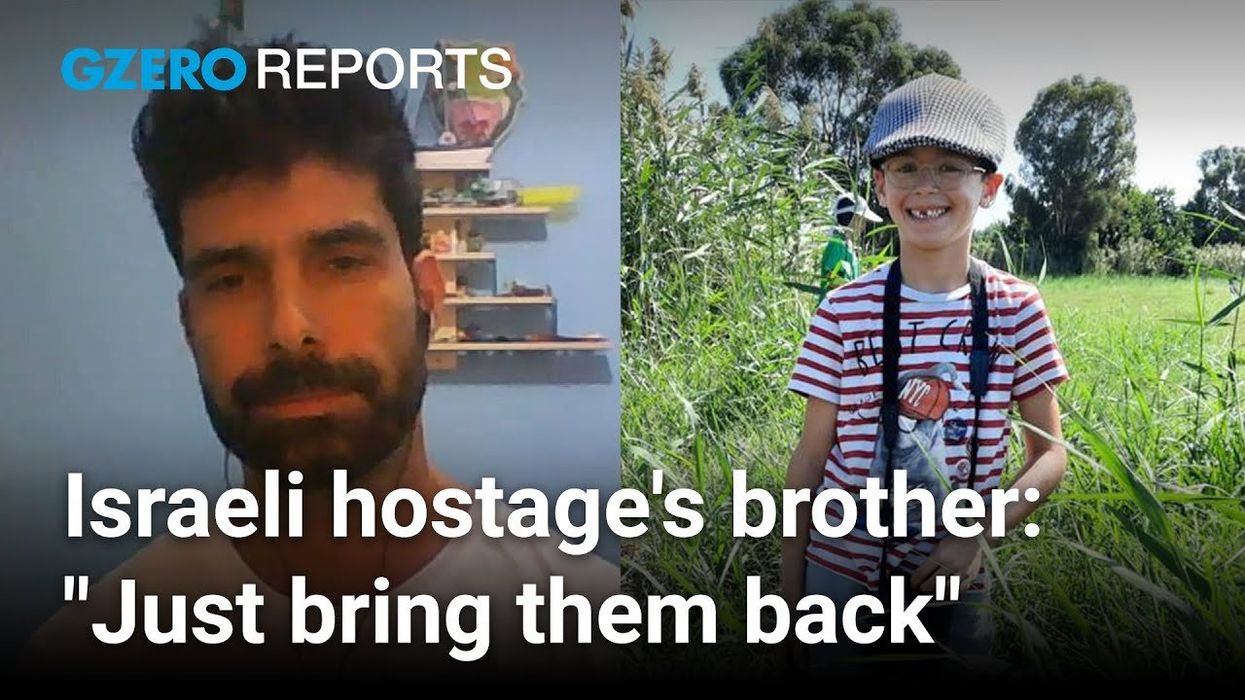GZERO Reports
What spies can teach us about persuasion
Forget the fancy cars, futuristic gadgets, and martinis “shaken, not stirred.” In his book "Sell Like a Spy: The Art of Persuasion from the World of Espionage", Jeremy Hurewitz tells GZERO's Tony Maciulis that intelligence officers are a lot more like therapists than James Bond-style action heroes.
Nov 13, 2025

